FOI Query
With reference to the comments made by you in reply to a question put by Councillor Norma Stephenson, a member of the Police and Crime Panel, about the difficulty in setting up the tribunal on Mr Veale, you refer to issues of confidentiality around what information you can reveal, so I ask the following Freedom of Information questions that focus purely on the process of setting up the tribunal.
- What is the name of the Legally Qualified Chair (LQC) appointed to lead the tribunal/panel and was she/he appointed? (You said that the listing of the hearing was the responsibility of the LQC)
- What is the name of the HMIC representative identified to attend the tribunal/panel?
- What is the name of another independent tribunal/panel member and how was he/she selected?
- Please let me have (or publish) the LQC’s decision to postpone Mr Veale’s hearing and the rationale why such a delay would be in the interests of justice.
OPCC Response
The OPCC does hold information relating to your request.
However, I am unable to disclose this information. A response to each question is provided below along with the public interest test with the relevant exemptions applied:
Question 1,2 and 3 – Section 22
Section 22 – Information intended for future publication
Section 22 provides an exemption for information that is intended to be published in the future.
Factors favouring disclosure
The information requested would provide transparency and confidence, in that a Legally Qualified Chair has been appointed to a process which has attracted national, regional and local media interest.
Factors favouring non-disclosure
Disclosure of this information could affect ongoing proceedings and introduce risk of challenge and/or legal argument which could further delay proceedings
In addition, in accordance with Police Conduct Regulations the misconduct hearing, will be conducted by a panel comprising of a legally qualified person who shall be the Chair, HMICFRS representative and an independent member.
These matters will be subject to a public hearing, the outcome of which being a matter of public record unless decided otherwise by the hearing Chair.
Question 4 – Section 31 – Law Enforcement
Section 31 provides a prejudice based exemption which protects a variety of law enforcement interests.
Section 31 can be claimed by any public authority, not just those with law enforcement functions.
Factors favouring disclosure
The PCC has the legal power and duty to set Cleveland Police’s strategic direction and objectives, to scrutinise, support and challenge the force’s performance, to decide the budget and to hold the Chief Constable to account for the exercise of the functions of his office and of those under his direction and control.
There is a public interest in seeking transparency about how the PCC fulfills the above statutory roles and responsibilities in relation to policing and crime.
Disclosure of information of this nature, would better inform the public with accurate and detailed information on this matter which is of national, regional and local interest.
Factors favouring non-disclosure
The disclosure of information, could prejudice any ongoing or potential future investigations. It could also affect public confidence and the effective application of police complaint and conduct regulations.
In addition, the right to a fair misconduct hearing could be undermined.
Balance Test and Conclusion
When considering whether the release of information is in the public interest, I have considered whether the public interest is in favour of releasing information into the public domain or whether there is sufficient reason to support withholding the requested information.
Having considered your request in full, I accept that there is a public interest in transparency when any request is made for information.
The public interest favouring release must be balanced against any associated risk and/or prejudice that would be caused by disclosure. Having carefully considered this, I have found that that the release of this information in the public domain could have a potential detrimental impact on
proceedings.
If this were to happen it would not be in the public interest to further delay proceedings. However, we would have no option.
Given this, and my assessment above, I have found that release of this information is not in the public interest.
I have accordingly refused to release the information requested, above, in response to your request for information.
